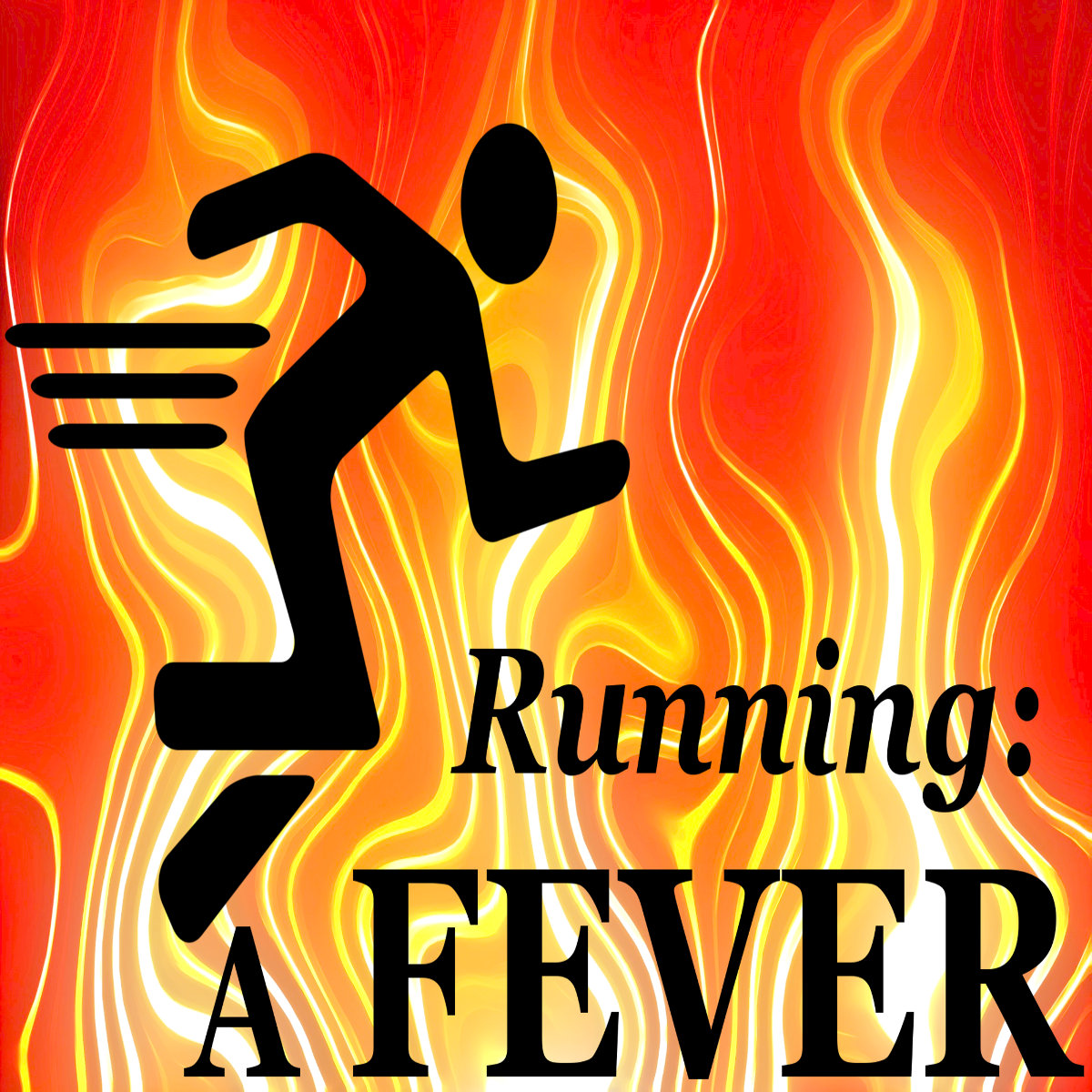Welcome to the 15th in our 17-part series on dementia. About 50 million people suffer from dementia worldwide. It is a debilitating disease, but it may be preventable in some cases. So I’ve set out to learn as much as I can and bring you along with me.
As promised, this series has focused on prevention of dementia as much as anything else. We want to be informed about the disease, but more than that we want to prevent it. Every time I hear that cry of “increasing awareness”, as good-intentioned as it may be, it’s not really an action-oriented sentiment. So I’m happy to be able to offer some information on how we can prevent dementia in the course of our journey of learning here.
Nutrition isn’t everything, but it’s an important foundation of our physical health. If you want to know more about vitamins and supplements in general, check out episode 189. Here, we’re going to talk about some nutrients that are specifically good for brain health and in preventing dementia.
First of all I want to make clear that vitamins aren’t just pills. In fact, there is good reason to get your nutrients from food rather than pills. For one thing, the process of extracting vitamins and manufacturing the supplements reduces their potency. Another reason is, who wants to take more pills? If you get the right food, you can avoid the added cost of supplements. Plus, real food tastes better!
Vitamin B6
B6 is needed for the growth of new cells. It can also reduce age-related reduction of memory function. In fact, deficiencies of this nutrient are associated with depression and confusion in addition to the effect on memory. Some sources of B6 are poultry, fish, potatoes, and non-citrus fruit. The most rich source is chickpeas, which contain 1.1mg per serving. The recommended daily allowance of B6 goes up with age, and is higher for pregnant women, and even higher for lactating women. Consult the NIH Office of Dietary Supplements website for the specific recommendation for your age group for this and the other vitamins mentioned here.
Vitamin B12
Even a slight deficiency of B12 can cause memory loss and other symptoms that mimic dementia. Low B12 can also cause problems with balance, muscle coordination, and manual dexterity. Fish, poultry, eggs, and many dairy products are good sources of B12, and if you wan the richest sources, go for beef liver or clams. Adults need about 2.4 micrograms, which you can get in a serving of tuna.
Choline
Choline is needed to support cell membranes. And, in the area of mental health, it is needed to produce the neurotransmitter acetylcholine, which is important in memory, mood, muscle control. You can get it from potatoes, cauliflower, brussel sprouts, and broccoli. Or if you are a “meatitarian”, try beef, eggs, chicken. You need quite a bit of this guy, anywhere from 125 to 550 milligrams per day.
Vitamin E
This vitamin can delay onset of Alzheimer’s Disease, and in high doses, has even been found to be beneficial to those who are already active in AD. There are a number of other benefits, including antioxidant effects. There are a number of healthy sources of this. Keep in mind that oil is basically pure fat. But fish oil supplementation is one common way to get vitamin E. Nuts, spinach, and broccoli are some other sources. Adults need about 15mg per day.
Folate
Sometimes known as vitamin B9, folate may help preserve mental acumen. It’s important for circulation, which helps prevent vascular dementia. Recommended daily allowance for adults is 400 micrograms, more for pregnant or lactating women. Beef liver, spinache, black-eyed peas, beans, and rice are some food sources.
Beans are rich in several of these, by the way. So be sure you are getting blenty of beans in your diet. If you are concerned about being deficient in any of these, I urge you to get tested by your doctor.
References:
https://www.health.harvard.edu/staying-healthy/should-you-get-your-nutrients-from-food-or-from-supplements
Outsmart Dementia. (2020). The latest tools for controlling cognitive health — preventing dementia and Alzheimer’s disease. Morton Grove, IL: Publications International, Ltd.
https://ods.od.nih.gov/factsheets
